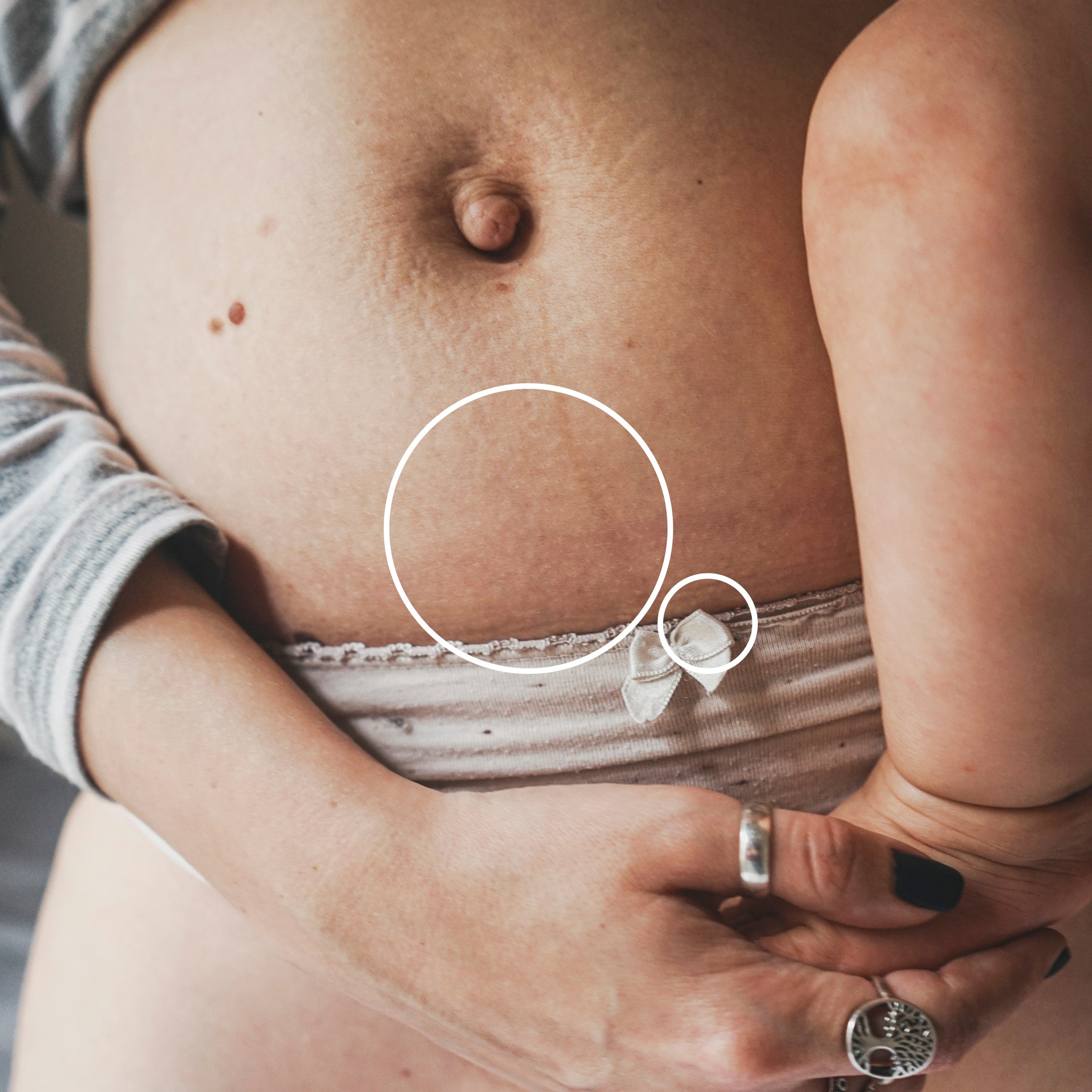
The arrival of a new baby is often accompanied by a whirlwind of emotions. For many mothers, the joy of welcoming a child is intertwined with feelings of anxiety, sadness, and even fear.
These emotional fluctuations are common, but they can be confusing and overwhelming. Understanding the emotional changes that occur after childbirth—and knowing when to seek help—is essential for every new mother.
The Emotional Landscape: What Are the Baby Blues?
Shortly after giving birth, many women experience what is commonly known as the "baby blues." This term refers to a period of emotional vulnerability that typically begins a few days after childbirth and can last for up to two weeks. The baby blues are characterised by mood swings, crying spells, irritability, and feelings of sadness or anxiety.
Why Do the Baby Blues Happen? The baby blues are largely attributed to the sudden and dramatic hormonal shifts that occur after childbirth. During pregnancy, levels of oestrogen and progesterone are at their peak, but they drop sharply after delivery. This hormonal crash, combined with the physical exhaustion of childbirth and the new responsibilities of caring for a newborn, can trigger emotional distress.
Common Symptoms of the Baby Blues:
- Tearfulness for no apparent reason
- Feeling overwhelmed or anxious
- Difficulty sleeping even when the baby is asleep
- Mood swings, irritability, or restlessness
Tip: While the baby blues can be challenging, they are usually temporary and resolve on their own. During this time, it’s important to rest when you can, ask for help, and remember that it’s okay to feel emotional.
When It’s More Than the Baby Blues: Understanding Postnatal Depression
For some mothers, the emotional challenges after childbirth go beyond the baby blues. Postnatal depression (PND) is a more serious and long-lasting condition that can develop within the first year after childbirth. Unlike the baby blues, postnatal depression doesn’t resolve on its own and requires treatment.
Recognising Postnatal Depression: Postnatal depression is characterised by more intense and persistent symptoms that interfere with a mother’s ability to care for herself and her baby. These symptoms can include deep feelings of sadness, hopelessness, and worthlessness, as well as a loss of interest in activities that were once enjoyable.
Key Symptoms of Postnatal Depression:
- Persistent feelings of sadness, emptiness, or hopelessness
- Severe mood swings and irritability
- Fatigue or loss of energy, even after resting
- Difficulty bonding with the baby
- Withdrawal from family and friends
- Thoughts of self-harm or harming the baby (in severe cases)
Tip: If you or someone you know is experiencing these symptoms, it’s crucial to seek help from a healthcare provider. Postnatal depression is a serious condition, but it is treatable with the right support, therapy, and, if necessary, medication.
The Importance of Seeking Help: You Don’t Have to Do This Alone
One of the most important things to understand about postnatal depression is that it is not a sign of weakness or failure. Many mothers feel ashamed or guilty for not feeling overjoyed after the birth of their baby, but postnatal depression is a medical condition that requires attention and care.
When to Seek Help:
- If symptoms persist beyond two weeks after childbirth
- If your emotions feel overwhelming or unmanageable
- If you have thoughts of harming yourself or your baby
Resources for Support:
- Healthcare Providers: Your doctor or midwife can assess your symptoms and refer you to a mental health specialist if needed.
- Counselling and Therapy: Talking to a therapist who specializes in postnatal care can provide valuable support and coping strategies.
- Support Groups: Connecting with other mothers who are experiencing similar challenges can help reduce feelings of isolation.
How Nutrients Can Support Emotional Well-being
In addition to seeking professional help, proper nutrition plays a vital role in supporting mental health during the postnatal period. Certain nutrients are known to have a positive impact on mood regulation and overall emotional well-being.
Key Nutrients for Mental Health:
- Vitamin B6: Essential for the production of neurotransmitters like serotonin, which regulate mood and emotional balance.
- Magnesium: This mineral helps calm the nervous system, reduce anxiety, and improve sleep quality.
- Vitamin D: Often referred to as the "sunshine vitamin," Vitamin D is linked to mood regulation and can help alleviate symptoms of depression.
- Choline: Supports brain health and cognitive function, which can be affected during periods of intense emotional stress.
How Naître’s Postnatal Formula Can Help: Naître’s Postnatal Formula is specially formulated to provide the essential nutrients your body needs during the postpartum period. Our advanced Liposomal technology ensures that these nutrients are absorbed efficiently, supporting both your physical recovery and emotional well-being.
Nurturing Your Mind and Body: Self-Care Strategies for Emotional Health
While professional help and proper nutrition are critical, self-care is also an essential component of managing postnatal emotions. Taking time to nurture your mind and body can help you feel more grounded and supported during this transformative period.
Self-Care Tips:
- Prioritise Rest: Sleep when your baby sleeps, and don’t be afraid to ask for help with nighttime feedings to get a longer stretch of rest.
- Practice Mindfulness: Techniques like deep breathing, meditation, and yoga can help reduce stress and improve your emotional resilience.
- Stay Connected: Reach out to friends, family, or support groups to talk about your feelings. Social connection is a powerful tool in combating feelings of isolation.
- Be Kind to Yourself: Remember that it’s okay to have a range of emotions after childbirth. Give yourself permission to feel what you’re feeling without judgment.
You Are Not Alone
The postnatal period is a time of profound change, both physically and emotionally. Understanding the difference between normal postnatal emotions and postnatal depression is crucial for getting the support you need. Remember, you don’t have to navigate this journey alone—there are resources, treatments, and supportive communities available to help you through.
At Naître, we’re committed to supporting new mothers with products that nourish both body and mind. Our Postnatal Formula is designed to provide the essential nutrients needed for your recovery and emotional well-being. Take care of yourself, seek help when needed, and know that you are not alone in this journey.



